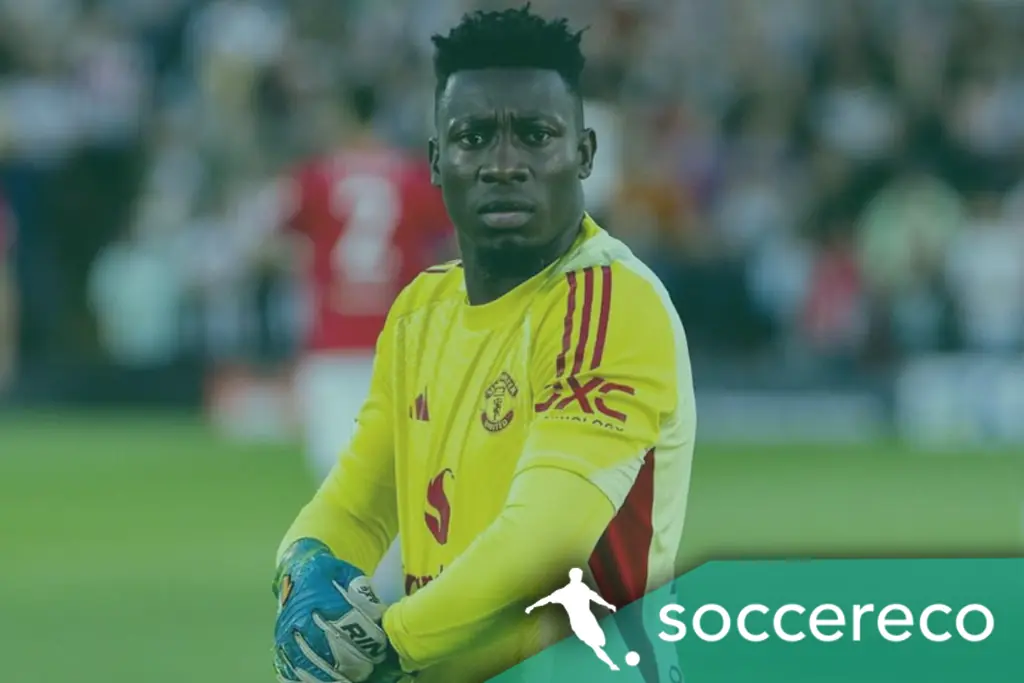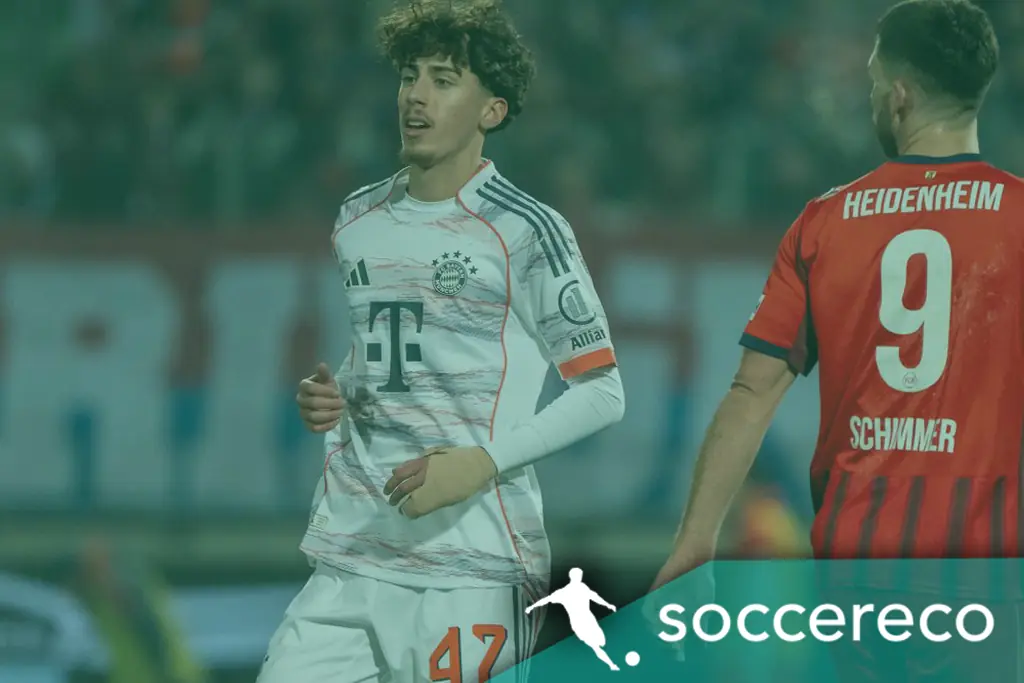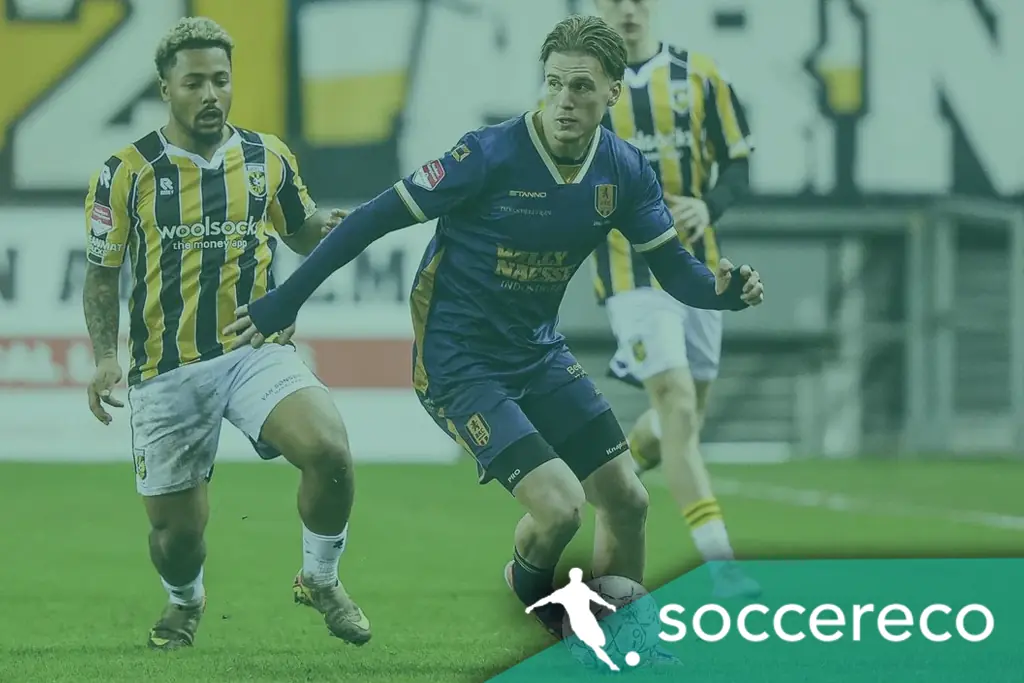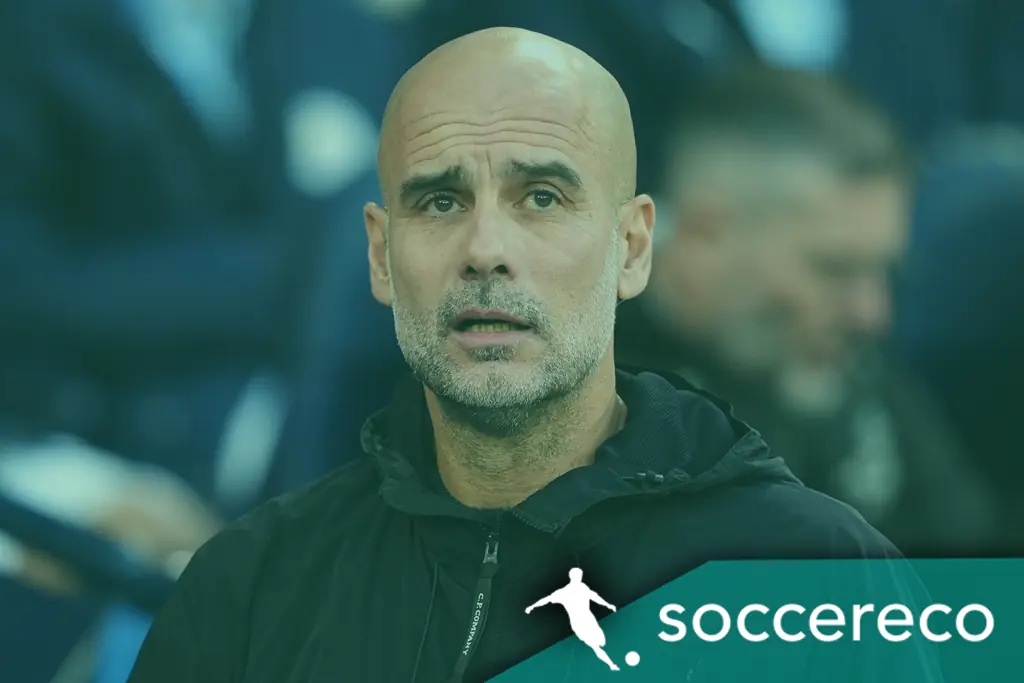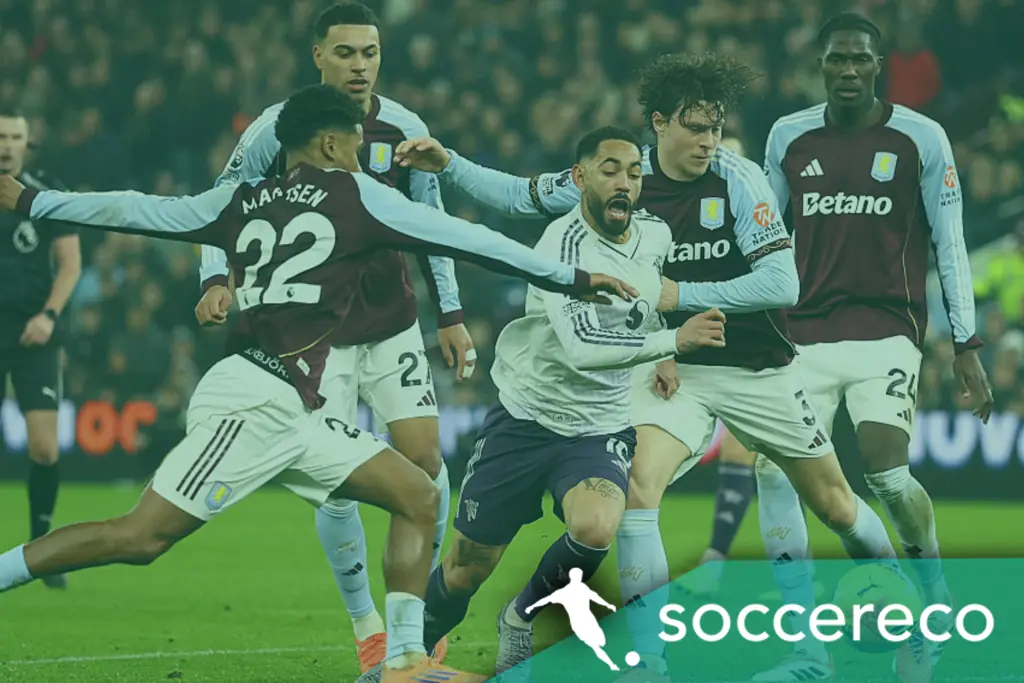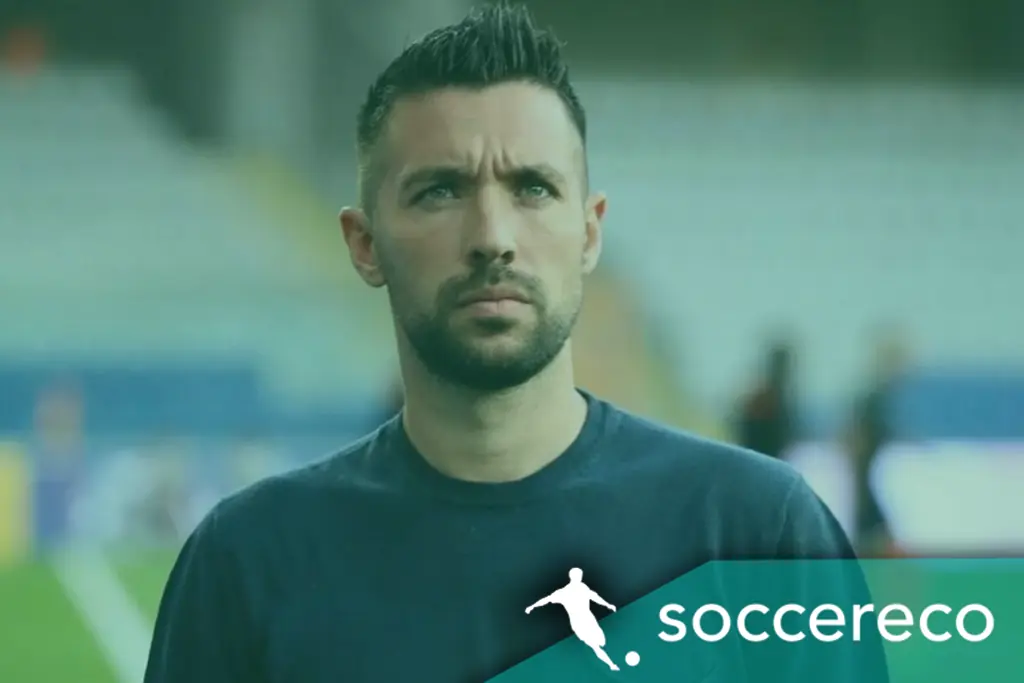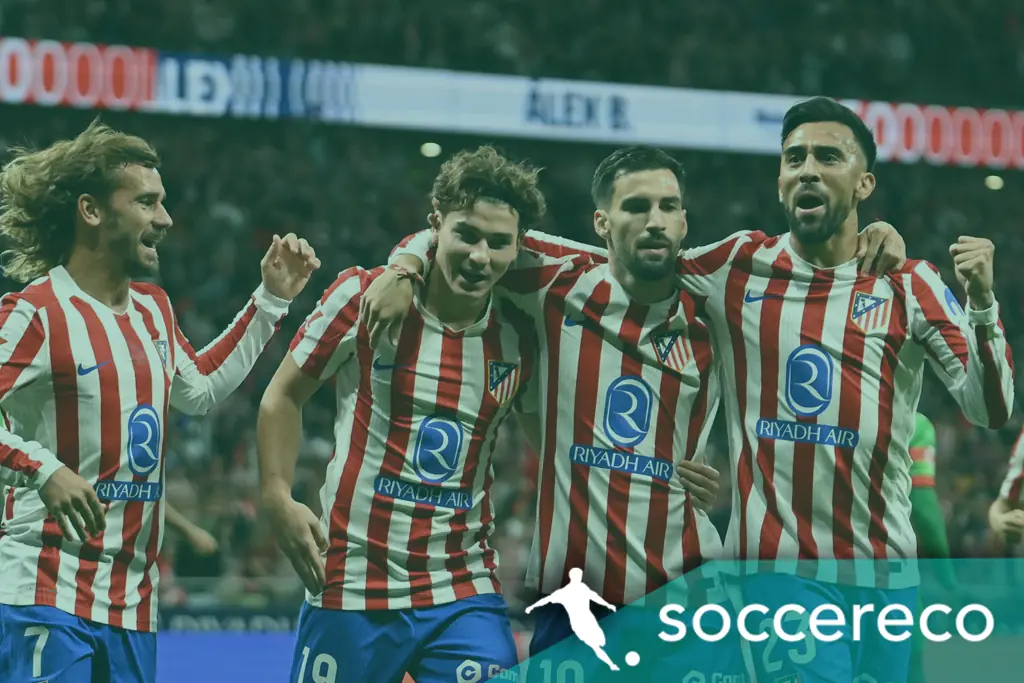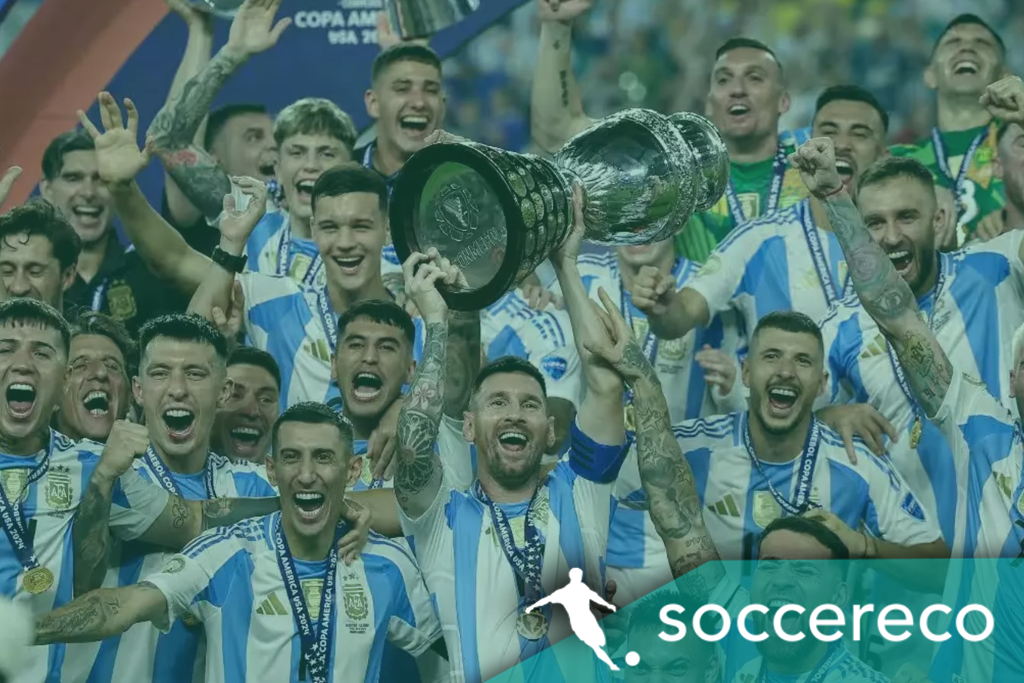Frenkie de Jong has taken the next steps in his recovery. The midfielder was seen at Barcelona's training on Monday, bringing his return closer.
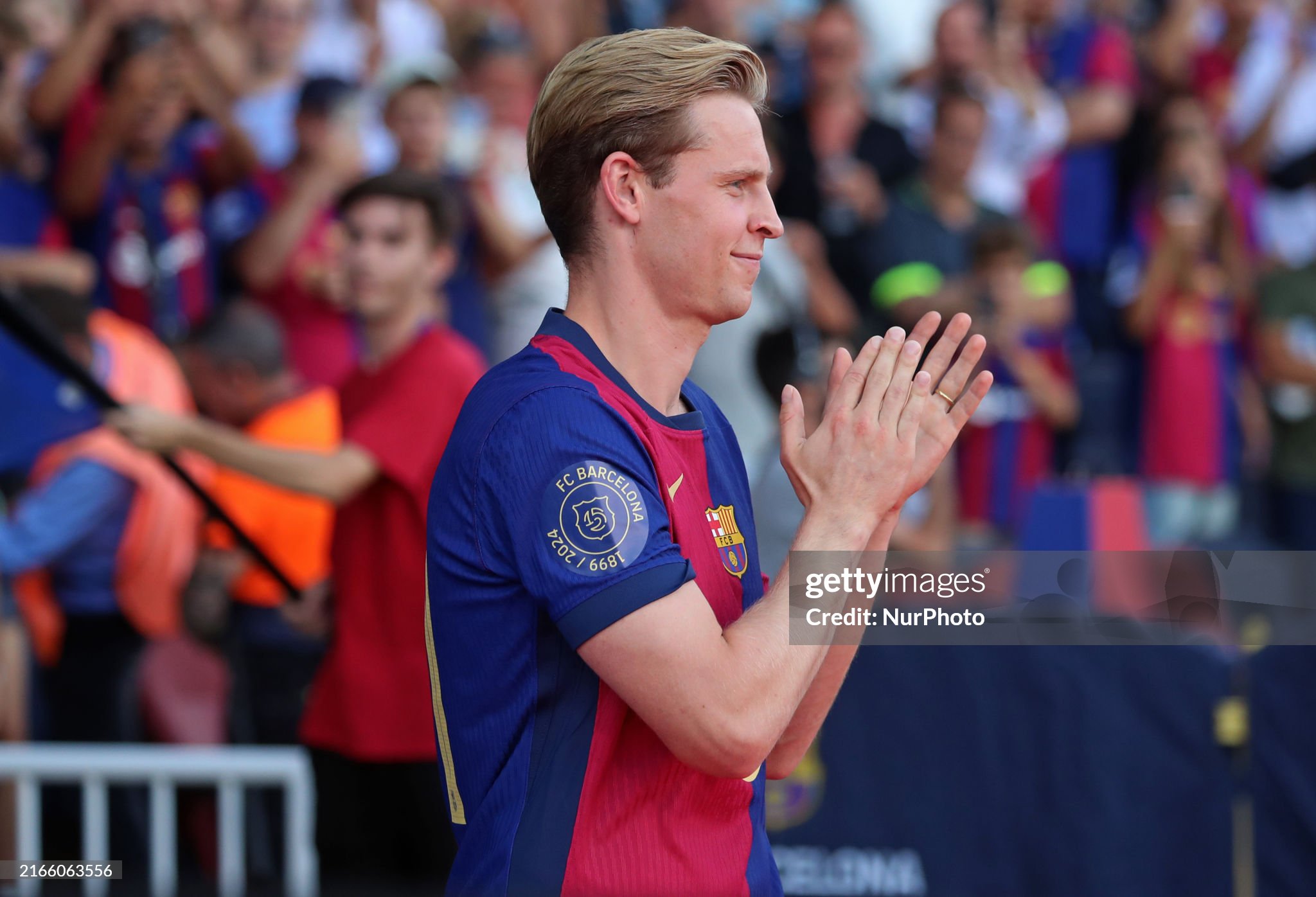
Frenkie de Jong, one of FC Barcelona's key midfielders, has been on a long road to recovery following a serious ankle injury that sidelined him for five months.
The Dutch international suffered the injury in April during the latter stages of last season, a blow that not only affected his club’s campaign but also dashed his hopes of representing the Netherlands at the 2024 European Championship in Germany. Missing such a major tournament, where his leadership and presence in midfield would have been invaluable, was a major setback for both De Jong and his national team.
Since the injury, De Jong has been steadily working on his rehabilitation under the guidance of Barcelona’s medical and fitness staff. His recovery process has been thorough and deliberate, aimed at ensuring that he returns to full fitness without risking further complications. Last week marked a significant milestone, as De Jong completed several individual training sessions, signaling the next phase in his comeback. These individual sessions are designed to help players regain their physical fitness, work on mobility, and gradually reintroduce them to the high-intensity demands of top-level football.
This week, De Jong took another important step in his recovery by participating partially in group training with his Barcelona teammates. Although not yet fully integrated into all training drills, he was involved in key exercises alongside the rest of the squad, an encouraging sign that his return to full training is near. Barcelona’s coaching staff, led by newly appointed manager Hansi Flick, are monitoring his progress closely and have expressed optimism that De Jong will be able to resume full training by the end of this week or early next week.
Once he returns to full training, the next challenge will be regaining match fitness, which is often the most delicate and unpredictable stage of recovery for any player. While De Jong is known for his high levels of fitness and endurance, the club is keen to ensure that he is not rushed back into competitive action prematurely. The risk of re-injury is always a concern, especially after a long layoff, and Barcelona is determined to manage his workload carefully. He will need to build up match sharpness through controlled training sessions, likely participating in internal practice matches or low-stakes games to ease back into the rhythm of competitive football.
Although it is clear that De Jong is making good progress, it remains uncertain when he will be deemed fully fit to return to match action. The club's medical team will need to give him the green light before he can be included in the matchday squad. Given the nature of his injury, they will want to ensure that he is not only physically ready but also mentally prepared to compete at the highest level. Ankle injuries, in particular, can be tricky, as they affect a player’s balance and movement, both of which are critical for a midfielder like De Jong, who relies on his agility, quick turns, and ball control to navigate tight spaces on the pitch.
For Barcelona, De Jong's return to action will be a significant boost. The team has experienced some inconsistency in midfield in his absence, with other players stepping up but not quite filling the void left by his dynamic presence. De Jong brings a unique blend of technical skill, tactical intelligence, and defensive work rate, making him one of the most well-rounded midfielders in Europe. His ability to dictate the tempo of the game, break up opposition attacks, and link up play between defense and attack is something Barcelona has missed dearly. His partnership with players like Pedri and Gavi could once again be pivotal in Barcelona’s quest for domestic and European success this season.
On a personal level, De Jong’s recovery is likely to be a test of both his physical resilience and mental fortitude. Missing the European Championship was undoubtedly a blow, and the disappointment of being unable to contribute to his national team in such a crucial tournament will have weighed heavily on him. However, his focus will now be on returning stronger and making an impact for Barcelona as they enter a critical phase of the season. The club is competing on multiple fronts, including La Liga and the UEFA Champions League, and having a player of De Jong’s caliber available could make all the difference in their pursuit of silverware.
As of now, no official timeline has been given for when De Jong will be match-ready. It is possible that he could make his return in late October or early November, depending on how his body responds to the increased intensity of training. The club will likely err on the side of caution, especially given the busy fixture schedule in the coming months, which includes key league matches and the knockout stages of European competition. De Jong’s return to the pitch, when it happens, will be eagerly anticipated not only by Barcelona fans but also by football fans worldwide, who appreciate his exceptional talent and the impact he has on the game.
In the meantime, De Jong will continue to follow his rehabilitation program, working closely with the medical staff and trainers to ensure a smooth and complete recovery. Barcelona’s coaching team, including Hansi Flick, will be planning how best to reintegrate him into the squad, with the aim of getting him back to his peak form. While his absence has been felt, there is a sense of optimism around the club that once De Jong is back, he will quickly regain the form that has made him one of the most important players for both Barcelona and the Netherlands.
Updated: 02:44, 16 Sep 2024
